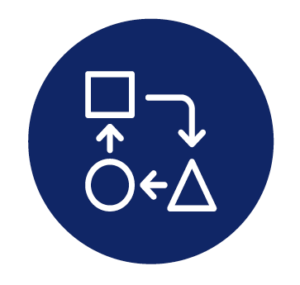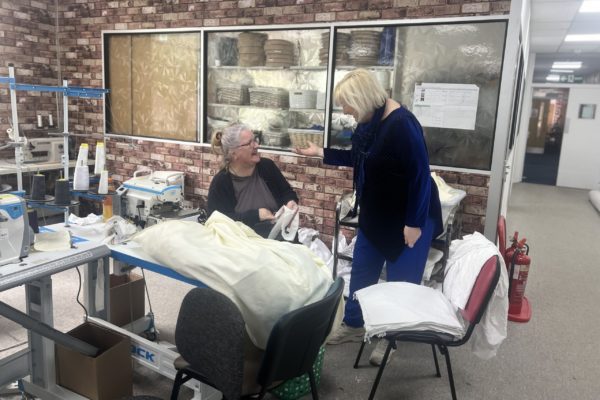With the launch of our 2018-19 Impact Report, we’re making the bold break away from analysing beneficiary level data. Our Director of Learning and Influence Genevieve Maitland Hudson explains why it’s the right move for us.
Earlier on this year, I blogged about our new Impact Approach, how we were embedding it, and how it will help us to better understand the impact generated by the organisations that we support through our funds and programmes.
SIB’s new strategy commits us to investing for impact, and we want to take a conscious approach to defining what impact means for us.
Let us be clear: we aren’t pretending to have an answer that will suit all organisations like ours – this may not work for your organisation – but we think it’s the right fit for our unique position in the market.
So here comes our line in the sand: we can’t be experts in beneficiary level impact when our investees and grantees deliver such wide-ranging programmes and projects.
There are 4 reasons why we’re parting ways, 3 practical ones, and 1 big ethical one. Here are our 3 practical reasons:
 1. We’re stronger in partnership
1. We’re stronger in partnership
We could never have the range of expertise that would allow us to be good judges of youth work, housing, early years, mental health care, social care, community organising and urban farming, to name only a few of the sectors that our customers work in.
![]() 2. We don’t have the capacity
2. We don’t have the capacity
Quite simply, we don’t have the capacity to do justice to the range of measures and systems that our customers use to account for the design and quality of their delivery.
 3. We’re confident in our data collection methods
3. We’re confident in our data collection methods
Our confidence in our customers’ delivery comes from existing systems of oversight from external experts and regulators, and from data we can already collect from existing sources. We scrutinise this information and expect high standards.
And the big ethical one: we don’t believe that we should be extracting data from beneficiaries to justify our investment decisions. Doing so relies on, and further entrenches, power dynamics that don’t favour the people we are ultimately seeking to help.
So what can we do? We can analyse what we know works in funding and supporting social businesses. We can generalise across our rich data sets and draw on our many years of experience to better understand the practices that support organisations to do well.
This is where we have, and will continue to refine, our own expertise.
Partnership is crucial for us, because it allows us to call upon the expert views of partners when a given fund or grant programme calls for it. This is one of the reasons that we the Youth Endowment Fund partnership, and how we have worked on Access’ Enterprise Development Programme and the Forward Enterprise Fund. This is how we want to work in the future: partnering with others and bringing our own knowledge to bear in collaboration with sector experts.
This is what our six core impact categories are geared towards: the assessment of a common set of practices that our evidence and research suggests support businesses and their employees to remain resilient in market contexts that rarely favour them.
Our 2018-19 Impact Report is available to read here.




